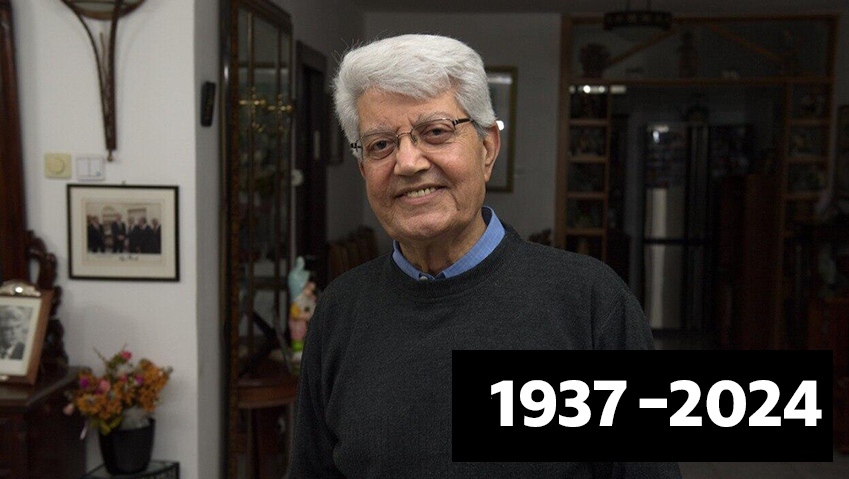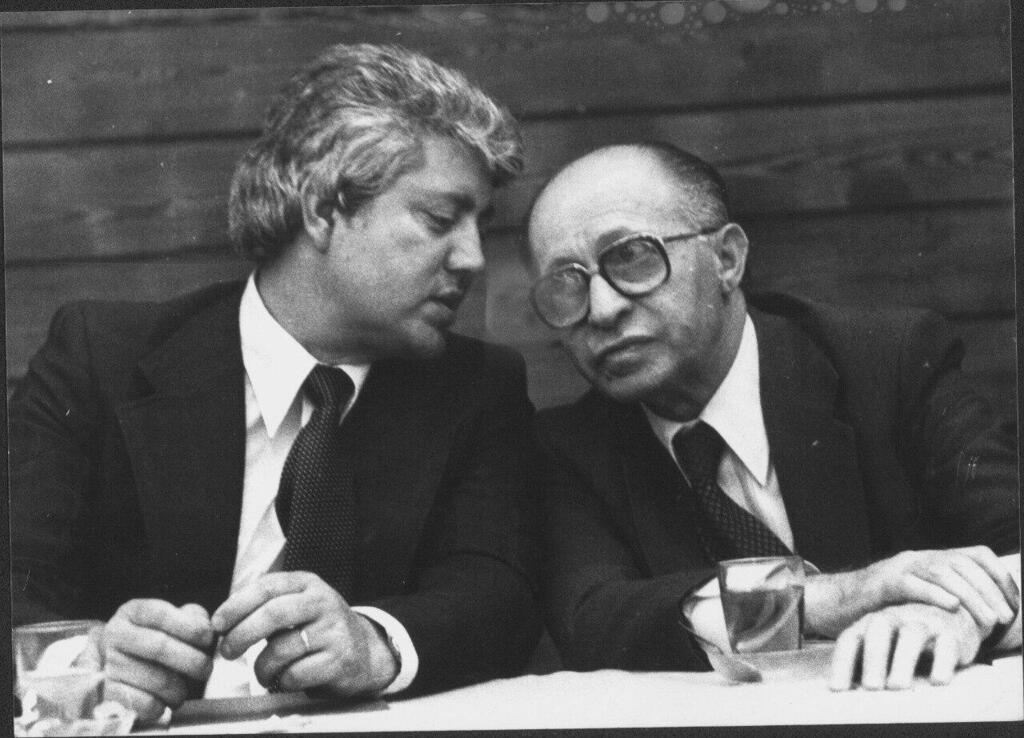Getting your Trinity Audio player ready...
David Levy, a prominent figure in Israeli politics and former foreign minister, passed away on Sunday at the age of 86.
Born in Rabat, Morocco, in 1937, Levy immigrated to Israel in 1957, settling in the northern town of Beit She'an. His early experiences as an immigrant shaped his lifelong commitment to social justice and advocacy for the underprivileged.
Levy quickly rose through the political ranks, becoming a key leader in the Likud party. Renowned for his passionate advocacy for workers' rights, he was a staunch defender of Israel's lower-income and working-class citizens. He first entered the Knesset in 1969 and served in numerous ministerial roles throughout his career. Notably, he served as housing and construction minister, where he focused on improving housing conditions and expanding affordable housing projects.
Levy also held the position of foreign minister twice, first from 1990 to 1992 and again from 1999 to 2000. In this role, he made significant contributions to Israel's diplomatic efforts, navigating complex international relations during pivotal moments in the country's history. His tenure was marked by efforts to enhance Israel's standing on the global stage and to foster peace and stability in the region.
Levy's legacy includes his relentless efforts to bridge social divides within Israel. He was a vocal advocate for the Mizrahi community and worked tirelessly to promote equality and representation for all sectors of Israeli society. His eloquence, tenacity, and unwavering dedication to the Israeli public earned him widespread respect and admiration.
In addition to his political achievements, Levy was a devoted family man. He is survived by his nine children and numerous grandchildren. One of his daughters, Orly Levy-Abekasis, followed in his footsteps, becoming a lawmaker and serving a brief term as minister for community empowerment and advancement.
Prime Minister Benjamin Netanyahu paid tribute to the former minister. "I deeply mourn his passing along with all Israeli citizens. David carved his path in life with his own hands. He contributed to the development of Beit She'an and became a symbol of the growth of development towns in the periphery. He left a personal mark on political life and cared for vulnerable populations in distress. We didn't always agree on everything, but I always admired his sense of mission."



